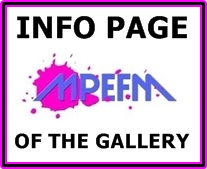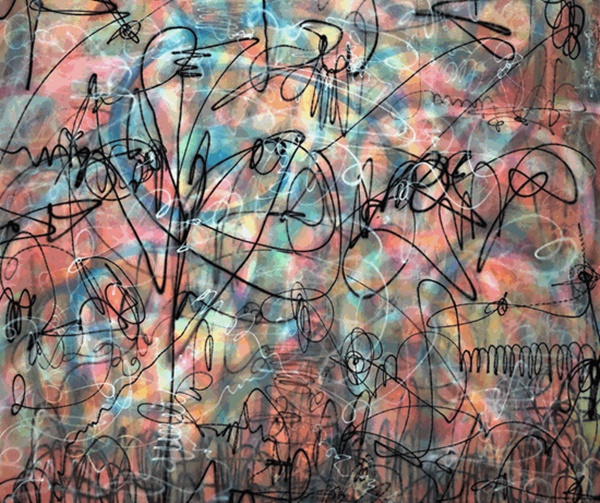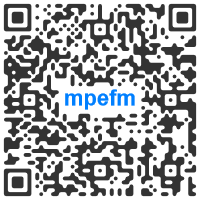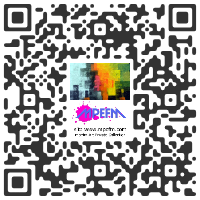"If Jah Be For Us, Who Can Be Against"Michael Rupini

Belenius
Ulrikagatan 13, 115 23 Stockholm, Sweden
+46 70 855 68 56 +46 73 049 86 80 E:


19.01> 16.02,2019

Michael Rupinis' colourful works might be perceived as consisting of a jumble of letters or symbols, written randomly and lacking the periodic logic of how a book is read with structured lines. It signals and reminds us of the using of tags found in graffiti culture and expression – not least because of his use of airbrush technique. Indeed Rupinis' personal style is to be understood in the context of graffiti – but as he said himself "it was never meant as graffiti, nor do I come from that tradition". When graffiti ends up in high end galleries it ceases to be graffiti. Sophistication stands juxtaposed with the very subject of Rupini, nothing is to be refined to fit in posh standards. In his case it concerns a transcendental gesture called automatic writing wherein the hand of the artist gets to work freely over the canvas in a tradition that is above too scientific and overthought artistry. He defies institutions, museums and all exalted objects swimming against the current. The aim of others constitute the anti-thesis of him. The unlucky number 13 inspires Rupini. Advertising, social media and pretending to save the world just for show, for ones' ego is far from his style. Punk's not dead. Automatic writing brings back the lost purpose to once again inspire.
Rupini has been involved in fine art for a long period of time, for example participating in performances at the Venice biennale. He went through the backdoor via fine art now showcasing his new works in a different setting and at an intersection of these two. Unravelling the secret of the wordless scribbles the message is to be perceived as a spell of goodwill, as voodoo. We now understand that his scribbling is not chaotic but fixated as a charm or a spell with specific intentions. These spells are carefully woven in and above the layers of colour in the backboard. The voodoo part of it is the intersubjective longing for fixing whatever problem we might have. This wish of goodwill is a welcome counterpart to imminent doom, caused by the greed of man, climate-change and ambition instead of solidarity.
The cargo cult, a cult of seeing the messianic in cargo, found in undeveloped societies living on desolate islands inspires Rupini. A small island constitutes their whole universe, which lead to them having no conception of what fleet cargo is when it's washed up on their shores. The expression in his using of colour and the automatic writing in the airbrush technique is similar to their natural respect and wonder of objects. The German philosopher Theodor Adorno states in his book Aesthetic Theory that "Art is a promise of happiness that is always being broken". Perhaps the poignancy of Rupinis' work hold the magical voodoo to prove Adorno wrong.
Text: Valter Sydén
Translation: Katarina Sjögren
Rupini has been involved in fine art for a long period of time, for example participating in performances at the Venice biennale. He went through the backdoor via fine art now showcasing his new works in a different setting and at an intersection of these two. Unravelling the secret of the wordless scribbles the message is to be perceived as a spell of goodwill, as voodoo. We now understand that his scribbling is not chaotic but fixated as a charm or a spell with specific intentions. These spells are carefully woven in and above the layers of colour in the backboard. The voodoo part of it is the intersubjective longing for fixing whatever problem we might have. This wish of goodwill is a welcome counterpart to imminent doom, caused by the greed of man, climate-change and ambition instead of solidarity.
The cargo cult, a cult of seeing the messianic in cargo, found in undeveloped societies living on desolate islands inspires Rupini. A small island constitutes their whole universe, which lead to them having no conception of what fleet cargo is when it's washed up on their shores. The expression in his using of colour and the automatic writing in the airbrush technique is similar to their natural respect and wonder of objects. The German philosopher Theodor Adorno states in his book Aesthetic Theory that "Art is a promise of happiness that is always being broken". Perhaps the poignancy of Rupinis' work hold the magical voodoo to prove Adorno wrong.
Text: Valter Sydén
Translation: Katarina Sjögren
Opening :
19.01.19 at 15-19
mpefm
SWEDEN art press release
Open:
Wednesday–Friday 12.00–18.00 Saturday–Sunday 13.00–17.00

QR of this press release
in your phone, tablet








